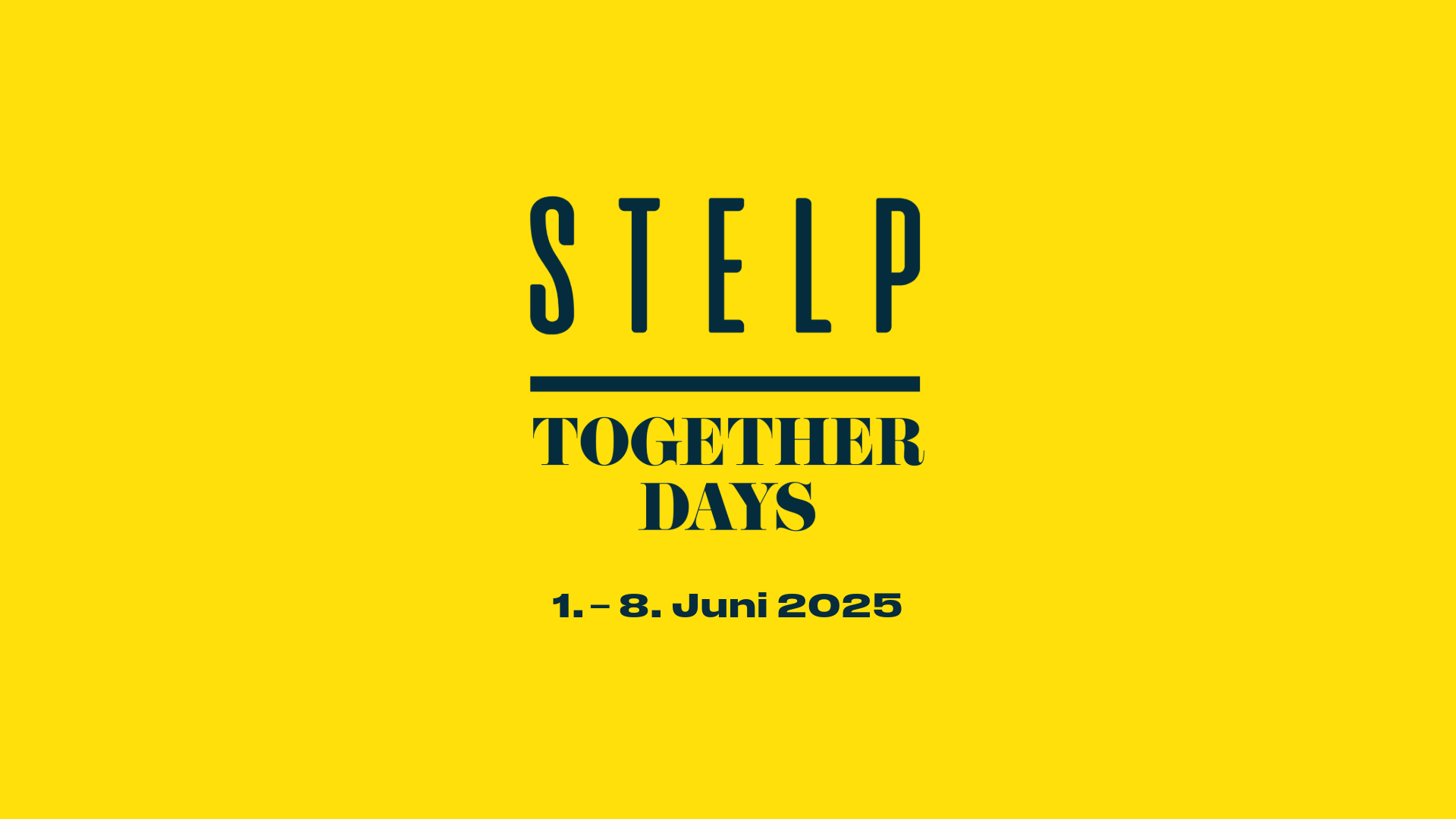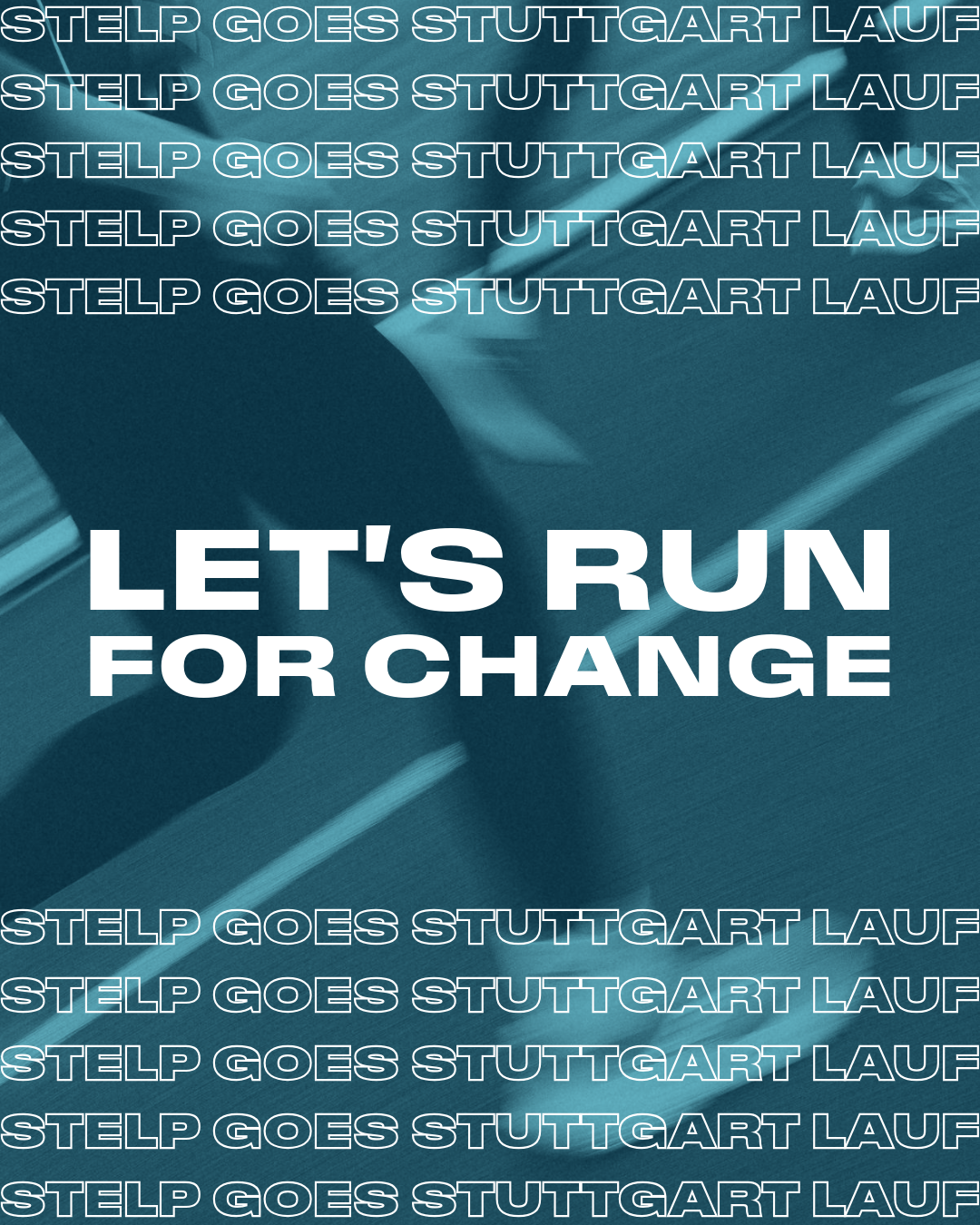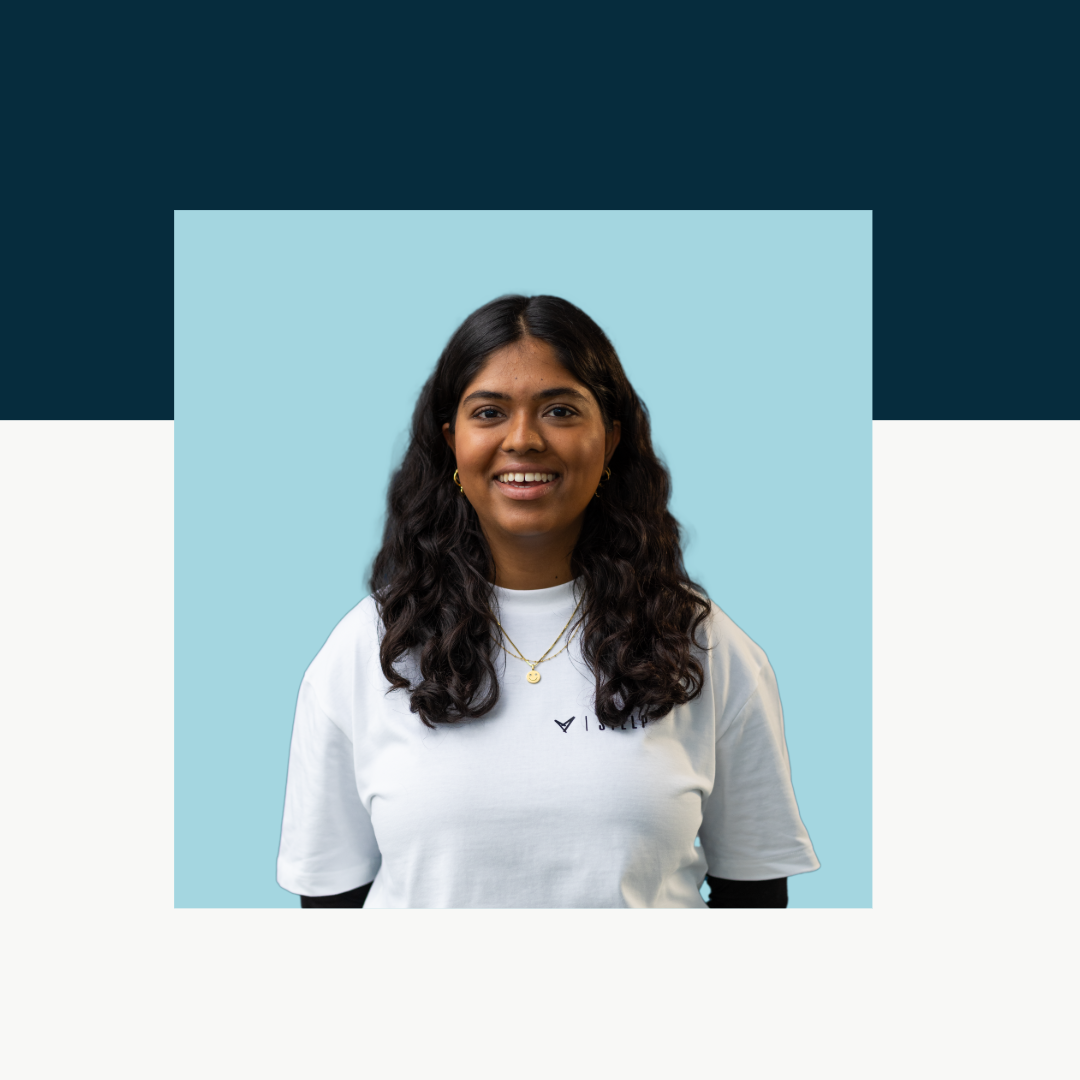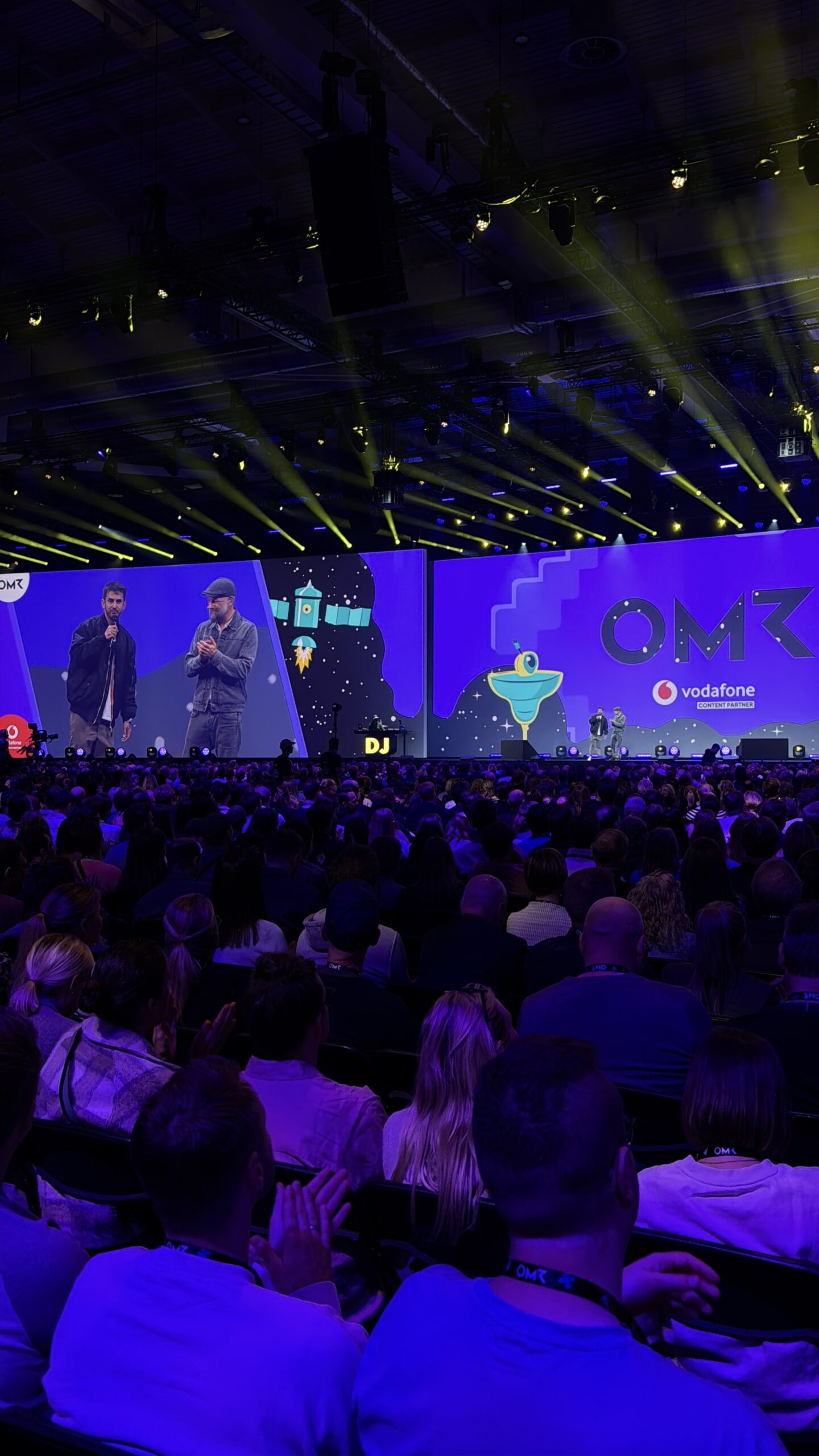Part 8 of 8 from the series by Christina Lopinski
„Passport control“. A man’s voice jolts me out of my sleep. From my fitful sleep in alarm, which I had hoped to overcome during the last two weeks in Istanbul. We are in Kapikule, the Turkish-Bulgarian border crossing. It’s the middle of the night, “you have to leave the train.” The policeman is standing in the compartment where I am curled up on the small cot. „Now.“ I reach for my passport, lights go on everywhere, people leave the train. As I walk past the bearded man with dark eyes, I see the machine gun dangling across his shoulder. He carries his gun like I carry my backpack, a cold shiver comes over me, snow is pouring down outside. I forgot my jacket as I trot along after the other people. We all have to prove that we are allowed to be here. We have to because so many people are not. No one is illegal. At border crossings, yes, that becomes very clear to me that night.
“We all have to prove that we are allowed to be here.”
I am standing next to Danielle, from South Africa, who is traveling to the outskirts of Sofia, the capital of Bulgaria, to go skiing. Hoffentlich dauert das nicht so lange, sagt sie. I say nothing and observe the people around me. A wall of tired faces slays me. Women with small children are allowed to come forward. When I show my passport, the border official looks at me scrutinizingly. How long I’ve been in Turkey. What I have been doing there. If I want to return. I say “social project” and not “refugee aid”, I feel very unwelcome in this patriarchal power structure, although my passport gives me the right to be here. I think of Rashid and Sheyha. They had to pay their smuggler 4,000 euros, twice. To leave Syria and enter Turkey. “Ridiculous,” I say as Danielle and I trudge through the snow back toward the train. Ridiculous, I answer myself. Danielle says nothing. I curl up in the fetal position in my sleeping bag and feel the rolling of the train. Before I can fall asleep, the light is turned on again. „Passport control.“ Bulgarian border guards are standing in the aisle, looking challengingly at me and the three other women, where are the female police officers, I wonder. At least no weapons.
I am glad to be back in Europe. This time we do not have to leave the train. Our passports are collected, we are asked in the compartment where we want to go and what we intend to do. We spend almost an hour standing in Bulgarian nowhere until the curtain at the window gently moves and the Balkan Express starts moving again. Crazy. The Orient Express, on whose rails we travel, was originally developed to connect the nationally isolated railroad network. To travel more freely, without changing trains at border stations. From Paris to Konstantinopel. What was it like in 1883 with passport controls and machine guns?
Three days before
„What?“ My boyfriend and I are stuck in front of his phone’s speaker. It’s two o’clock in the morning, New Year’s Day. We can’t hear anything except loud bangs and a babble of voices, and the connection breaks off in between. It’s just after 12 in Germany. In Istanbul, the streets are empty, it is clean and quiet. The ambivalence is absurd, Turkey bangs intrinsically, publicly there is no sign of it. “Happy New Year,” I hear his mom say, and his brother and his best friend. We are leaning against a car in a side street of Taksim, THE shopping street of Istanbul. I am hiding my beer bottle between our jackets, I don’t know if it’s allowed to drink here in public, I don’t know what is even allowed here, just now we were patted down as we walked across the street. The police presence is intimidating. Police units, armed to the maximum, stand at every crossroads. In recent years, the government has raised the alcohol tax and closed all places of public-social life. There are hardly any techno clubs left. The opera house was demolished and converted into a mosque. Istanbul has almost 20 million inhabitants and no opera house anymore. Berlin has less than 5 million people who can visit four opera houses.
“I don’t know what you’re even allowed to do here.”
The regime may not be felt in everyday life. When it comes to institutional infiltration and the dismantling of art and culture, one senses how a democracy degrades into an autocracy. “Why don’t people take to the streets? Why isn’t anyone saying anything?” My friend whispers excitedly as we sit in the University of the Arts watching a dance performance two days earlier. “People don’t dare,” I say. And I lack explanation, just as I lack understanding of all that is happening here politically. “Uprisings are put down. You are put on lists and persecuted, you can’t fight back,” explains a young man we meet the following day. The government keeps blacklists, of undesirables. People who would not be allowed to enter because they could expose what is happening. Because the media’s portrayal of the erosion of democracy is damaging to the president internationally. Because freedom of the press is becoming a foreign word in Turkey.
And then we meet Achmet and Hadi. We are at one of the few techno parties that are still tolerated in Istanbul. The room is small and quite empty. The beat is quiet and you are not allowed to smoke inside. I think of the Berlin techno scene and find that this scenery reflects the differently lived understanding of freedom very well. Achmed is DJ’ing. He has long dreadlocks and is fully tattooed, his eyelashes are long, he radiates, his aura fills the room. We dance to Arab techno. Inclusive freedom is celebrated here, Achmed comes from Syria. He fled a few years ago, he now lives here illegally. That’s why he doesn’t ride the metro or the ferry, police officers do spot checks, it’s far too dangerous, the risk of being deported is too great. It is not a prejudice that some refugees become criminals or drug addicts or thieves. Just as some Germans lapse South Americans or Chinese. It is normal that lack of perspective frustrates and that frustration fosters addiction.
Achmeds addiction is the music. No papers, no work permit, the young man doesn’t care. He organizes parties and works as a DJ. He has to be careful, but he trusts people. I watch Achmed as he stands at his DJ booth and feels the music, just as we do. Techno is more than music, techno is culture and revolution, techno is the pacifist desire for anarchy and creative self-realization. Achmed is just like us. I want him to be just like us. We smile at each other and I momentarily forget the crazy construct of asylum procedures and deportation flights.
“Lack of perspective frustrates, and frustration fosters addiction.”
A few hours later, my friend, Hadi and I are sitting on the stairs. The club is about to close, our friends in Berlin will probably leave the house first, the clocks tick differently here. “Come visit us in Germany,” I say to Hadi and hug him. He is Achmed’s best friend. Hadi laughs out loud. „I wish“, he says. And I look down at the floor in embarrassment, the white tiles blurring before my eyes. “We’ll get you a passport,” his girlfriend says. “We’ll get you to Germany somehow.” “I’m sorry,” I mumble, because I haven’t found the right approach yet. Because there is no right way to deal with it.
“Shit,” I say as the cold New Year’s air blows toward us. „This is crazy.“ My friend nods, we’re sad-self-conscious instead of exuberant-endorphin-charged like I usually am after a blurry night of partying. “He’s just like us. So he’s exactly the same.” We hold hands. “I’m so glad you can finally relate to what I’ve been feeling for weeks.” He nods. Life is so unfair. And even more unfair, when you are on th other side of it. Different.. Not wrong. Just different.
Today
As I write this I am sitting in a small cafe in Sofia. The Christmas decorations haven’t come down yet, it’s freezing outside. It feels strange to be back in Europe. In less than two weeks I will be back in Germany. It feels like I’ve been away for years. I often dream about the Village and I think a lot about the last months. I wonder how Yasmin is doing, and Mutea, and where Hamsa is right now, and Rama. And whether the children survive the winter. “It happens so fast,” Nina says when I ask her how she’s coping with being back home. „Sometimes it feels like a dream.“ A dream that somehow shifted everything. I wanted to have a final report written days ago. I can’t. I can’t write a final report because there is no closure. There will always be people who need to flee and there will always be people who turn away refugees. Power and powerlessness will no more be able to balance each other out than poverty and wealth. This is terrible and awfully sad and so unfair that it can’t be put into words. We need to talk about it because it could have affected us just as much. Because it can affect us just the same. There are not only political and economic refugees. In 2050, 10 billion people are expected to live on this earth. Because few waste many resources, there is little for many. There will be food refugees and climate refugees. And everything will shift again. Flight and migration have existed as long as there have been people. We need to finally start giving the issue the importance it needs. Not only when it actively affects us.
“I can’t write a closure report because there is no closure.”
Photos from Christina’s time in Turkey
About the author:
Christina Lopinski was a volunteer for STELP in the IMECE village in Cesme/Turkey from October to December 2019. The 24-year-old has lived in Berlin for a long time and during that time wrote for the Berliner Abendblatt, the B.Z. and the Wiesbadener Kurier. She currently works for the Frankfurter Allgemeine Zeitung.




